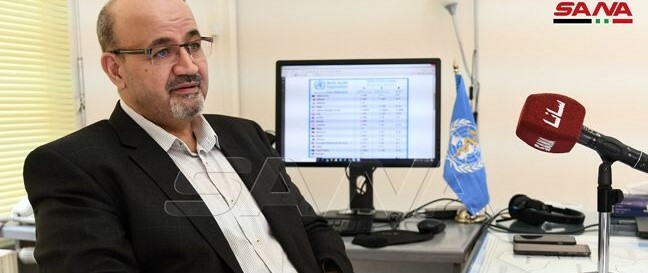The World Health Organization (WHO) said there was a “high risk of biological hazard” in the Sudanese capital Khartoum after one of the warring parties seized a national laboratory holding measles and cholera pathogens and ejected the technicians.
Speaking to reporters in Geneva via video link on Tuesday, the WHO’s Nima Saeed Abid said technicians had been thrown out of the National Public Health Laboratory, which also contains blood supplies because it had been seized by one of the warring parties, which he declined to name.
“This is the main concern: no accessibility to the lab technicians to go to the lab and safely contain the biological material and substances available,” he said.
Separately, Dr. Nima said ongoing violent armed clashes between the Sudanese military and the Rapid Support Forces (RSF) paramilitary group in Sudan have killed at least 459 people and injured 4,072 others as of April 24.
Dr. Nima pointed out that the real figures were “undoubtedly” higher and confirmed that 14 attacks on medical facilities had taken place since the clashes unfolded in the country in mid-April. These attacks have killed eight people and injured two individuals, he also said, calling for the cessation of these assaults.
On April 15, violent clashes between the Sudanese regular armed forces and the powerful RSF broke out, with the epicentre in Khartoum. The military accused the RSF of mutiny and launched airstrikes against their bases.
Abdel Fattah Burhan, the head of the Sudanese military, issued a decree disbanding the RSF. The parties have introduced a number of temporary nationwide ceasefires since then, but they have not contributed to the settlement of the conflict yet.




